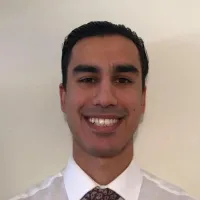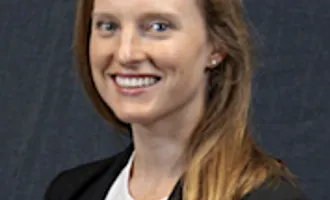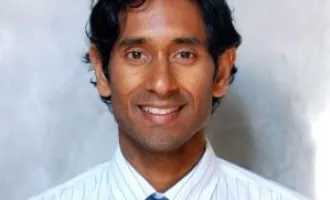
Ours Is Not to Reason Why
When I found out the next patient I’ll be following is a retired army cardiothoracic surgeon in his late eighties, my body automatically prepared for a certain type of encounter.
I made sure to repeat the physical exam maneuvers I was going to perform at least three times in my head.
I devised explanations to why I was asking a particular question in case he inquired. Before I entered the room, I was ready to tackle his stern looks, grouchy behavior, and a hackneyed “back in my day” story.
Much to no one’s surprise, I was correct in my intuition. Well, at least partially. I didn’t get yelled at, nor was my physical exam micromanaged by him.
However, he did give me the first edition of his “back in my day” story – one that intrigued me enough to come back for more over the several days.
Mr. X was a pleasant gentleman who spoke slowly but assertively. He measured his words carefully but showed no hesitancy in uttering them afterwards. In fact, Mr. X was very much in touch with today’s medical and political milieu, and would often preface his opinions with, “I know this isn’t a popular opinion.”
I soon realized Mr. X worldview was informed by his 35+ years of practice in the military—from residency until retirement.
He had served one tour in Korea and two tours in Germany in the 60s – 70s, which were formative years of his professional career. When asked, what’s the difference between today’s surgeons and those of your era, he swiftly replied, “they don’t train general surgeons anymore.”
Though I scoffed in my head initially at this statement, it did make sense afterwards. Mr. X had trained in a bay area army hospital where learning was based on a “see one, do one, teach one” basis.
As it turns out, Mr. X surgical training was considerably broader when compared to today’s surgical rotations. Mr. X had rotated on services like orthopedics, burns, and gyn which were essential for his success in Korea where he performed amputations, hand surgeries, D&C’s, and severe burn procedures. UCSF’s general surgery rotations schedule doesn’t mention any of these services.
In addition to his surgical duties, Mr. X was also appointed as the commander of the entire hospital in Korea, handling its logistics, administration, and morale. He managed these tasks as someone fresh out of residency.
Hence, similar to his surgical exposure, Mr. X’s leadership training also extended beyond supervising surgical teams – which typically sums up the leadership experience today’s surgeons receive.
Putting all this together, it then doesn’t sound strange to echo out loud Mr. X’s summary statement about today’s surgical education: “we are learning less and less about more and more.”
When I brought up the grueling experience of a surgical residency, the inhumane working hours, and the lack of work-life balance, Mr. X retorted, “that’s just the way it is.”
He also quipped, “we can cut down the hours in half, but it’ll make the years of training twice as long.”
By today’s standards, these statements are problematic as they reinforce malignant working environments and contribute to physician burnout.
Mr. X didn’t deny any of that; in fact, one regret of his career was not spending enough time with his loved ones. Yet, he still maintained his position.
Why the vehement loyalty to the status quo when rationality points otherwise? One explanation is military’s culture of strict adherence to protocol and orders.
Soldiers are ingrained with the rationale that their orders maintain the integrity of the entire army, which often comes at the expense of self-service. Therefore, dissolution of self-interests in the context of the broader good is a noble goal.
Mr. X exemplified that goal time and time again. He moved several times at the whim of Uncle Sam, both locally and internationally, often at the detriment of his family. He would sleep in the hospital every other day just so he could be closer to his patients in times of need.
He would do a quick pit stop coming back from movie theaters with his family to check up on his patients on his days off.
He served the underinsured community in SF once every week in the free clinic at Parnassus.
To summarize, from caring for Mr. X, I learned that our experiences forge our values and understanding of life. Mr. X’s time in the army forged him to be self-less and loyal – two of the seven core values of the army.
Though we may not agree with the decisions and beliefs of others, we may try to approach them with cultural humility, which gives us insight into their worldviews and the processes that shape them.



